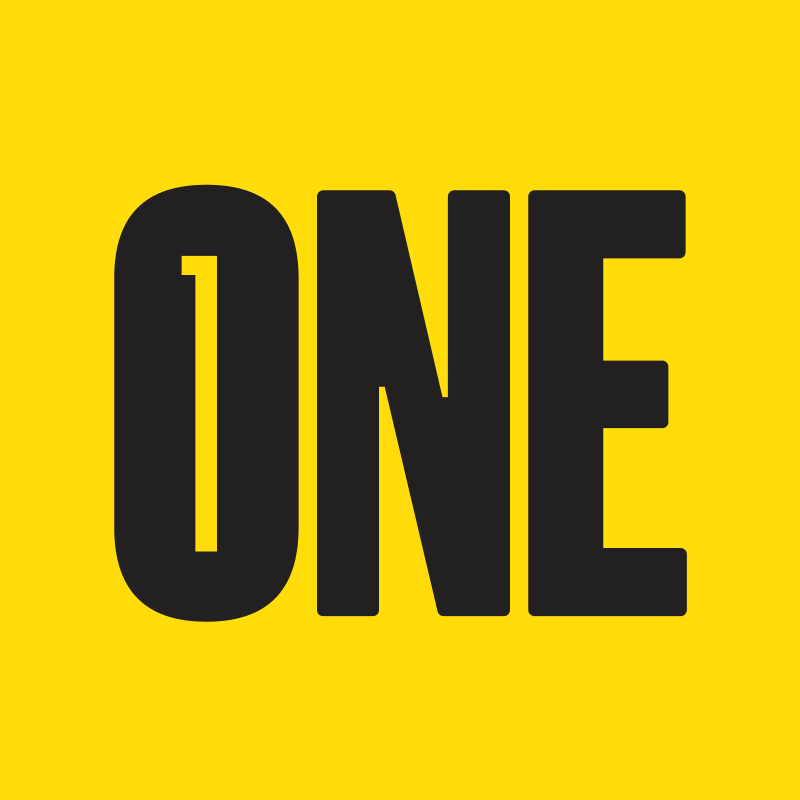how to become a certified translator
A certified check is a personal check guaranteed by the check writer's bank. The bank verifies the account holder's signature and that they have enough money to pay, then sets aside the check amount for when it's cashed or deposited.
» Skip to: Fees for certified checks by bank
Why use a certified check?
Sometimes, especially with larger transactions, it can be impractical for buyers to pay with cash, and sellers might be reluctant to accept a personal check, in case it bounces.
A certified check can reduce risks for everyone in such a transaction.
"The whole purpose of a certified check is to ensure the person who's getting paid that there's money behind the check," said Nessa Feddis, senior vice president at the American Bankers Association.
"If I'm selling my car and I'm handing it over, and if they give me a personal check, that check may come back as uncollectible and I can't get the car back."
Certified check vs. cashier's check
Both certified and cashier's checks can be considered "official checks." Both are used instead of cash, credit or personal checks, and both are used to guarantee payment. It's difficult to replace these types of checks; for a lost cashier's check, you'll have to get an indemnity bond, which you can get through an insurance company but it's often challenging. And your bank might require you to wait up to 90 days to get a replacement check.
There is one significant difference: With a cashier's check, the bank receives money from the purchaser, then issues the check and guarantees its payment at face value. Funds are drawn against the bank, not against a personal account, as is the case with a certified check.

Capital One 360 Checking


Deposits are FDIC Insured
Chime Spending Account


Deposits are FDIC Insured
One Spend


Citi Priority Checking


LendingClub Rewards Checking

How to guard against possible fraud
Still, like any other form of payment, cashier's checks and certified checks are vulnerable to fraud, and it's your responsibility to make sure the check you receive is legitimate and not counterfeit.
Some red flags of phony checks — such as typos and grammatical errors — are easy to spot, but most bad checks don't have dead giveaways. With technology, counterfeiters can easily copy bank logos and branding off the internet.
Banking security experts recommend that you call the bank immediately upon receiving a certified check to verify it. Don't call the number printed on the check, though; it could be phony, too.
Find the bank's phone number online, call it, then give the bank the check number and the name of the purchaser.
You can be held responsible for a bad check
Under banking regulations, deposited funds typically are available as soon as the next business day. But if you happen to deposit a cashier's check, withdraw the funds and send out the money (or merchandise, if you sold something), only to have the bank discover that the check was fraudulent, you may be held responsible for the entire amount of the bad check.
A smart way to monitor your money
Track your cash, cards, and bank accounts all at the same time.
Fees for certified and cashier's checks
Many banks and credit unions offer certified checks and cashier's checks, though not all offer both, and some differ on terminology, calling them "official checks." Contact your financial institution for availability.
Fees can be $15 or higher. Some financial institutions, however, offer reduced fees or no fees for account holders.
| Bank | Details | |
|---|---|---|
| Ally Bank 4.5 NerdWallet rating | Cashier's checks are free. | |
| Bank of America 3.5 NerdWallet rating | Cashier's checks: $15 for certain account holders, free for Preferred Rewards program customers. | |
| Capital One 4.5 NerdWallet rating | Cashier's checks for 360 Checking customers: $20 online with overnight shipping; $10 in branch. | |
| Chase 4.0 NerdWallet rating | Cashier's checks: $8 per check for certain account holders; free for Secure, Premier Plus and Sapphire Checking account holders. | |
| Wells Fargo 3.5 NerdWallet rating | Cashier's checks: $8 for online orders; $10 in person; free with qualifying accounts. | |
| Discover 5.0 NerdWallet rating | Free official checks for customers. | |
| Navy Federal Credit Union 4.5 NerdWallet rating | Cashier's checks: Two free per member per day, $5 for each additional check. | |
| PenFed Credit Union 4.0 NerdWallet rating | Official checks: Free. | |
| PNC Bank 4.0 NerdWallet rating | Cashier's checks: Free for holders of certain accounts, including Performance Checking, Performance Select Checking and Foundation Checking. $10 fee per check for all other accounts. | |
| Santander Bank 4.0 NerdWallet rating | Cashier's checks: $10; fee is waived for customers with Premier Plus and Select checking accounts. | |
| SunTrust Bank 4.0 NerdWallet rating | Official checks: $8 for bank customers and $15 for noncustomers. No charge for Signature Advantage, Advantage or Exclusive checking accounts. | |
| TD Bank 3.5 NerdWallet rating | Official checks: $8; fee is waived for TD customers who have Beyond checking or savings, Private Tiered Checking or Savings, or 60-Plus Checking accounts. | |
| U.S. Bank 3.5 NerdWallet rating | Cashier's checks: $10. Fee is waived for military customers. | |
Because the face value is guaranteed, legitimate certified checks are as good as cash. This can help ease your mind when exchanging goods or services in a large transaction. But as with any situation involving money, be careful to avoid falling victim to counterfeiters.
how to become a certified translator
Source: https://www.nerdwallet.com/article/banking/certified-check
Posted by: hirschthang1994.blogspot.com

0 Response to "how to become a certified translator"
Post a Comment